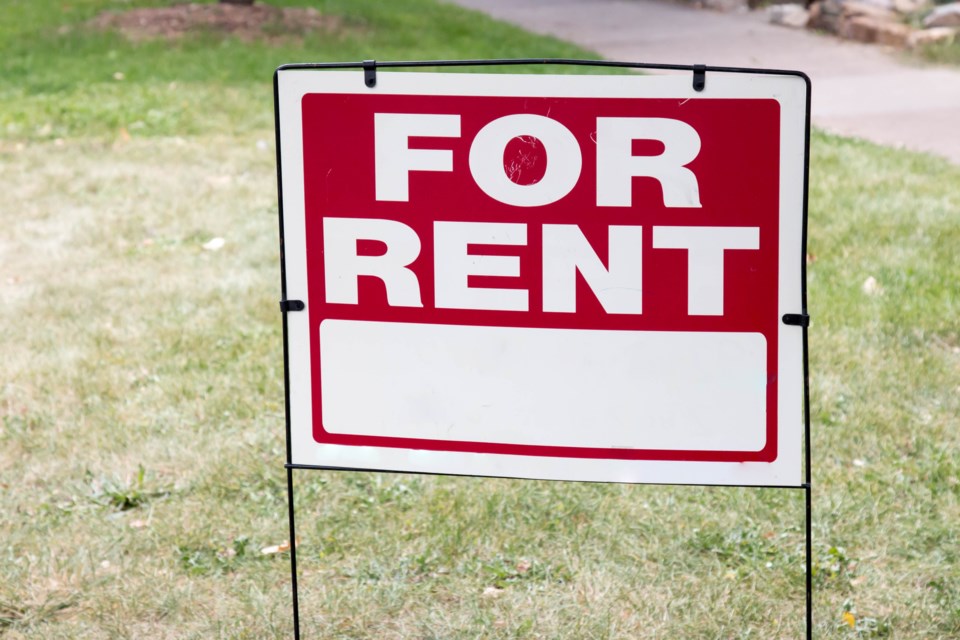Richmond landlords accused of ending a lease so they could sell their unit were ordered to pay the tenants almost $19,000 in compensation.
Tenants of the Richmond unit took the landlords to the Residential Tenancy Branch (RTB) after discovering the property on the market around three months after they moved out.
In an RTB decision issued last month, the tenants claimed the landlords terminated the lease in bad faith and asked for 12 months’ rent in compensation.
“The tenant stated that they were evicted at the peak of the resale and rental markets, which cost them a significant amount of money, as their new rental unit was 45 per cent more expensive,” reads the decision.
The tenants moved out in July 2022 after the landlords served them a two-month notice to terminate the lease so their son could move into the unit.
According to the tenants, they later found the unit on sale in October of the same year, and the listing agent told them it was possible to get a quick closing date because the unit was vacant.
They claimed the landlords’ son did not move in within a reasonable date. They believed he never intended to do so and he only moved in after they filed an application with the RTB and the landlords wanted to avoid paying compensation.
The tenants added the unit was renovated for the purpose of selling it because “they had asked for similar renovations and repairs throughout their lengthy tenancy, without success.”
The landlords, on the other hand, claimed they terminated the lease because their son and his partner were originally planning to move in.
They claimed the circumstances changed when their son and his partner broke up, and their son wanted to find another place closer to his workplace in Burnaby instead.
“The landlords and (their son) stated that several months of renovations to the property were being done in anticipation of the agent’s occupancy of the rental unit, but when plans changed, the property was put on the market for sale instead,” reads the RTB decision.
The landlords told the RTB they received the tenants’ application for compensation in October and cancelled the listing.
Their son then moved in between October and November and has been paying $1,000 per month in rent ever since.
The landlords denied having served the two-month notice in bad faith and said they were “accommodating landlords” because they chose to issue the two-month notice rather than a one-month or 10-day notice.
They added they wouldn’t have to terminate the tenancy for the sale because the new owners could have taken over as the landlords.
They also claimed they didn’t know the listing agent the tenants mentioned and said the unit’s preferred possession date was May 2023.
Landlords’ son moved in to avoid compensation: RTB
The RTB adjudicator sided with the tenants and concluded it was more likely than not that the landlords’ son did not intend to move into the unit when the two-month notice was served.
The adjudicator also found the landlords would not have removed the listing if the tenants hadn’t apply for compensation, and their son would not have moved in as a result.
The landlords and their son failed to submit evidence to prove their son had meant to move into the unit at first, said the adjudicator, and they also failed to prove the renovations were made for the benefit of the son.
The adjudicator decided it was “more likely than not” that the son only moved in to “reduce the likelihood that compensation would be owed by the landlords to the tenants,” and the landlords failed to prove they took steps within a reasonable period to accomplish the purpose set out in their two-month notice.
According to the Residential Tenancy Policy Guideline, a reasonable period for a landlord or their close family to begin using a unit depends on specific circumstances but is usually a short amount of time such as 15 days.
As a result, the landlords will have to pay the tenants a total of $18,720 for 12 months’ rent and reimburse them $100 for the RTB filing fee.



